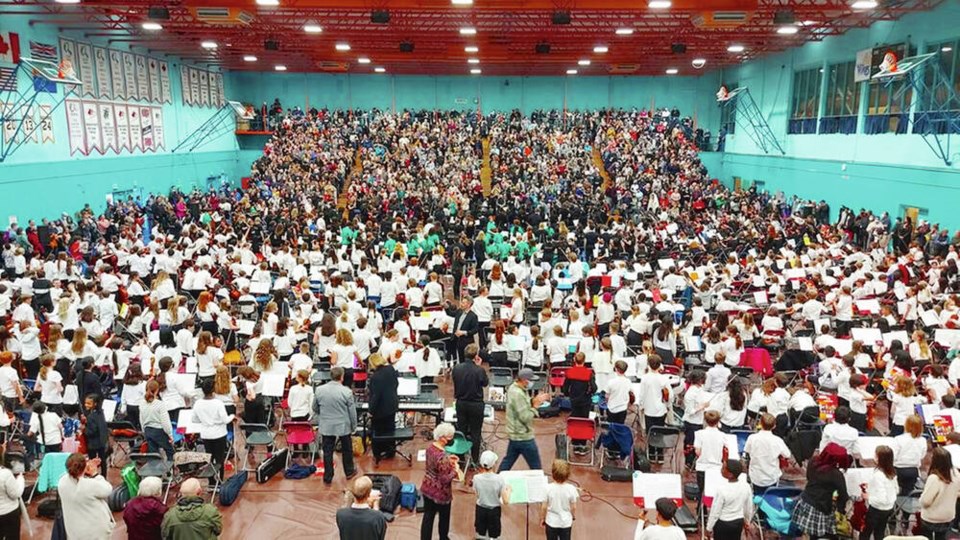Possible re-organization or trimming of some music programs are among the measures being looked at as the Greater Victoria School District deals with a deficit of about $6 million in its 2024-25 budget.
School districts can’t run deficit budgets, and all 60 in B.C. are required to submit a balanced budget each year by June 30.
The first reading of the Greater Victoria district’s 2024-25 budget bylaw is scheduled for April 9, followed by passage on April 11.
Finding efficiencies with technology for students is another possible budget step, said secretary-treasurer Katrina Stride.
The public has also asked for more funds in some areas, such as the hiring of education assistants, she said.
Stride said that a full agenda package with all cost-saving options will be posted on the district website at www.sd61.bc.ca/ on April 5.
Cindy Romphf, past-president of the Greater Victoria Music Educators’ Association, said the school board has had to make a variety of cuts in recent years and has used up most of its contingency fund “so now we’re in a precarious position where there really is nowhere to cut.”
But it’s more because of the province than the school board, said Romphf, who serves on the district’s budget-advisory committee.
“They haven’t increased the per-student funding in years and haven’t accommodated for inflation.”
Romphf said utility bills, for example, have gone up “astronomically” as inflation has taken hold.
“The trustees are in really an extremely tough spot.”
One of the suggestions for savings is offering elementary strings in “hubs” — or centralizing it at certain schools, she said.
The prospect of offering it outside school hours instead of during school has also been put forward.
“There’s a big equity issue there,” Romphf said, stressing that access to the program would be easier for some students than others.
The district faced a $4-million deficit last year and a $7-million deficit in 2022, when cost-saving measures included cutting music funding by 20 per cent.
That meant $209,000 less for elementary strings, but a donation that June — which included $125,000 from the Patrick McNally Foundation — was enough to keep the strings program going over the next year.
>>> To comment on this article, write a letter to the editor: [email protected]



